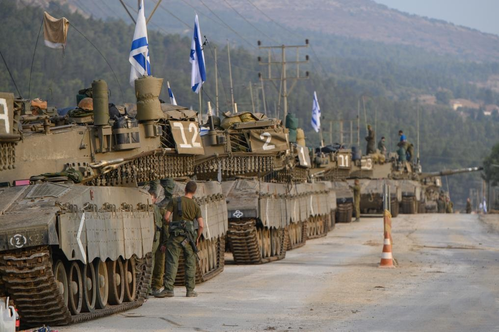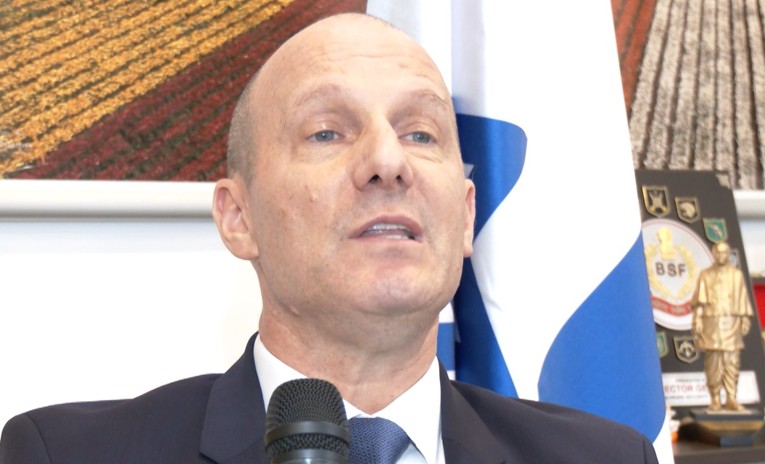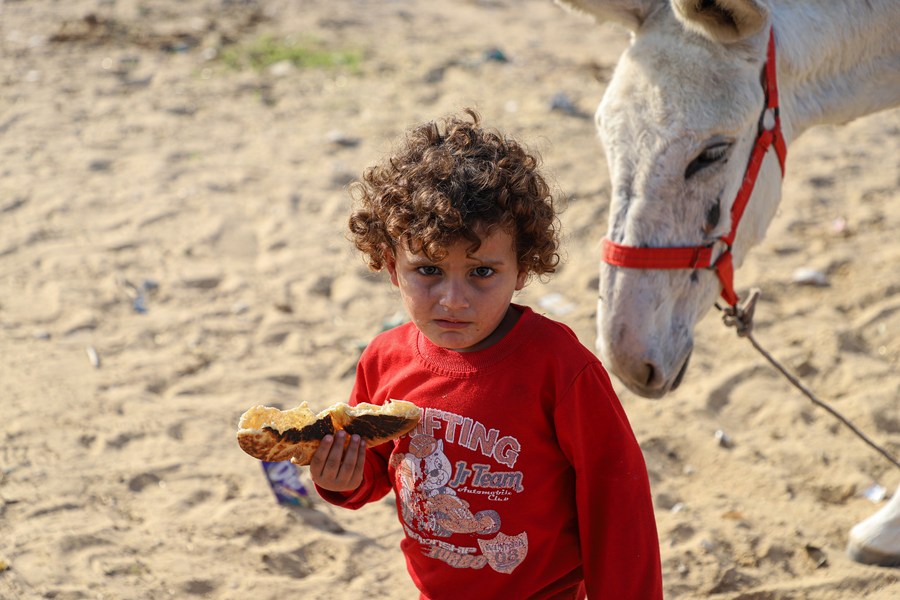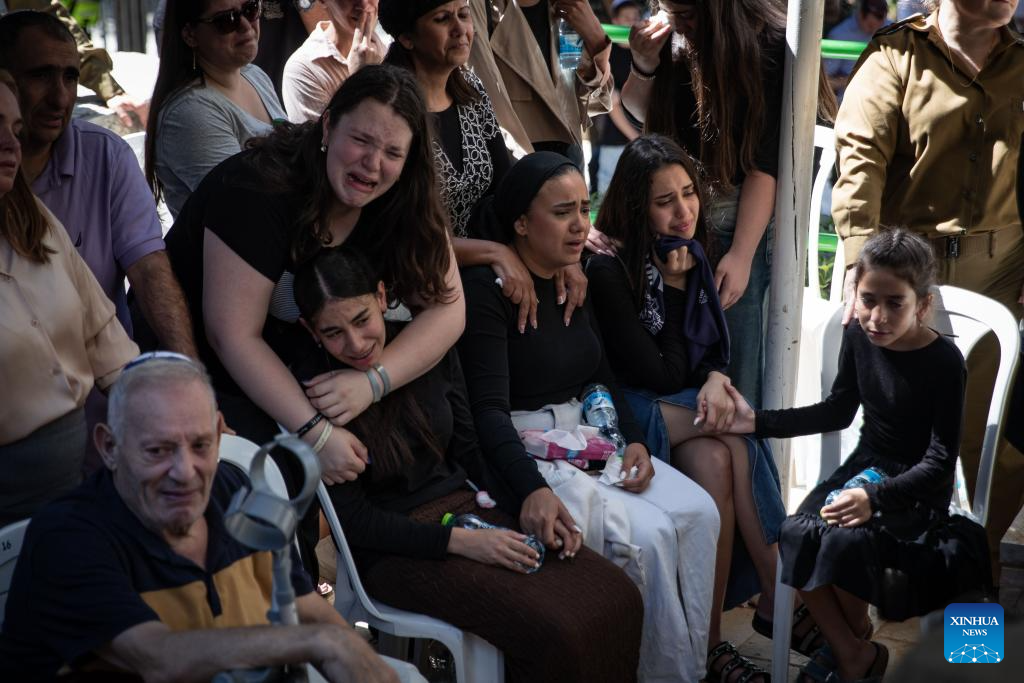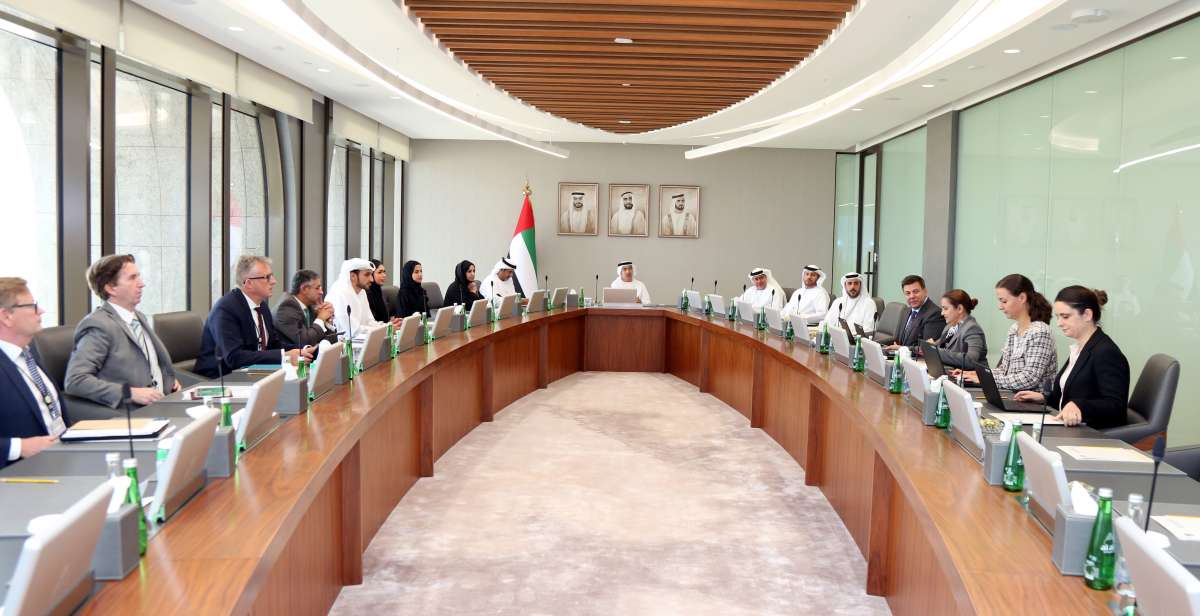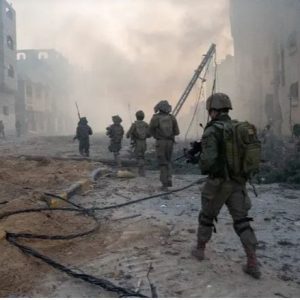Delayed or absent diplomacy has led West Asia commentators to predict more sinister scenarios which even can turn into wider regional catastrophe, writes Mohammed Anas
Grandmaster of diplomacy Henry Kissinger shot to cult status as the greatest strategist negotiator after his role in bringing Israelis and Arabs to the dialogue table after the 1973 Yom Kippur War. Little do people know that Kissinger played deliberate “delayed diplomacy”. The ongoing Hamas-Israel war has echoes of Yom Kippur and the same “delayed diplomacy” plot being reenacted.
The recently published book Master of the Game: Henry Kissinger and the Art of Middle East Diplomacy written by Martin Indyk, former US ambassador to Israel and special envoy for the 2013 Israeli-Palestinian negotiations, provides insights into Kissinger’s diplomatic negotiations in the Middle East.
Kissinger had advised the US government not to help Israel in the 1973 war until the Egyptians crossed the Suez Canal and captured much of the Sinai Desert, in order to shock Tel Aviv and shake its concept of unassailability.
Consequently, the 1973 war increased Israel’s willingness to negotiate with its Arab neighbors. In 1979, Israel signed a peace treaty with Egypt, the first with an Arab country, which was later reflected in the Oslo Accords with the Palestinians.
The October 7 Hamas raids into Israeli cities too is seen as a jolt to Israeli defence forces’ invincibility. However, there is no Kissinger on the scene and the Western powers led by the US so far are solidly behind Israel. They have thus far shown no willingness to mediate dialogue, not even for release of Israelis held hostage by Hamas.
The United Nations Security Council meeting ended without any statement. On Tuesday, UN chief Antonio Guterres called for a flow of humanitarian aid to Gaza after Israeli military blitzkrieg left total devastation in the blockaded strip along the sea.
He also said that he calls for an end to “the vicious circle of bloodshed, hatred and polarisation”.
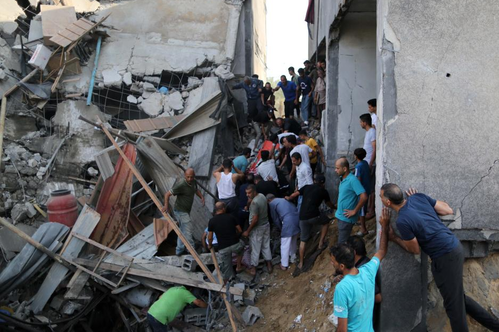
Besides, the European Union has announced that it will not suspend payment of development aid to Palestinians, reversing course after an earlier announcement that it would freeze all aid payments was met with widespread criticism.
But the EU aid is for the Palestinian Authority that controls the West Bank and parts of Jerusalem. The 296 million euros ($312m) in financial assistance from the EU will help cover expenses for the PA, such as infrastructure projects and civil servant salaries.
Arab and Muslim countries backing Palestinians have not been able to move any substantial diplomatic initiative. Iran has called for a united “ummah push”, but it hasn’t found any backing.
Arab League foreign ministers will meet on Wednesday to find “avenues of political action at the Arab and international level,” as Israel keeps pounding targets in Gaza.
Reuters reported on Monday that Qatari mediators held urgent calls to try to negotiate freedom for Israeli women and children seized by militants in Gaza in exchange for the release of 36 Palestinian women and children from Israel’s prisons.
An Israeli official however in a comment to The Times of Israel that “there is no negotiation” for the release of hostages.
Most influential Arab country Saudi Arabia, which was holding parleys with the Israeli government for normalisation only till last week, have also remained clueless about the diplomatic route that may end the mayhem in the Middle East where the public anger is expectedly mounting in favour of Palestinians.
AFP reported late on Tuesday that Saudi de facto ruler Crown Prince Mohammed Bin Salman held talks with Palestinian President Mahmoud Abbas and claimed that he was trying to prevent “an expansion” of the conflict.
Big powers like Russia and China too have eluded from taking active part and hurried up diplomacy to stop the conflict from festering further. Russia late on Tuesday offered to work with the Arab League to push for a solution.

“Russia and the Arab League, all members of this organisation, can and should contribute to solving problems, first of all, ending the bloodshed and suffering of civilians,” Russia’s Foreign Minister Sergey Lavrov said at his meeting with the Arab League Secretary-General Ahmed Aboul Gheit in Moscow.
Delayed or absent diplomacy has led West Asia commentators to predict more sinister scenarios which even can turn into wider regional catastrophe.
Mohammed Alhaya, a senior fellow at the Hudson Institute’s Center for Peace and Security in the Middle East, wrote in the Washington Post that the possible outcome of the current flare-up will have to tilt towards settling the question of Palestine.
“The latest Israeli-Hamas war makes abundantly clear that there can be no lasting peace in the Middle East without a regional solution to the long-running conflict between Israelis and Palestinians,” he wrote, adding that if the Israeli strikes continues in Gaza and diplomacy fails to prevent the onslaught, it will strengthen the position of Iran in the region.
Biden’s Middle East aspirations
Arabs stand in solidarity with Palestinians after shocking Hamas attacks on Israeli cities and subsequent reprisals by the Israeli forces. While Arab governments are cautious, Arab streets are echoing with delirious support to Palestinians, reminiscing scenes witnessed in 70’s and 80’s.
Arab states like United Arab Emirates (UAE) and Bahrain had formalised relations with Israel in 2020 as part of the Abraham Accords. Saudi Arabia was in talks with Tel Aviv for the same. Moreover, it was a dream project of US President Joe Biden to link Israel with neighbouring Arabs and enhance this reach beyond the peninsula.
But the escalating crisis may have torched all these aspirations, seriously jeopardising commercial and security alignments in the Middle East.
Arab govt reactions
Saudi Arabia, the leading Arab player in the West Asia, immediately reacted to eruption of Hamas-Israel violence. Riyadh appealed for an immediate halt to war, calling upon the international community to “activate a credible peace process” leading to a two-state solution. “The Kingdom renews the call of the international community to assume its responsibilities and activate a credible peace process that leads to the two-state solution to achieve security and peace in the region and protect civilians,” Saudi Arabia said in a statement.
Kuwait foreign ministry in a statement called on the international community to “stop the provocative practices by the occupation” and the “policy of expanding settlements”.
Egypt, which normalised ties with Israel in 1980 under a peace treaty, warned of “grave consequences” if tensions between Israel and the Palestinians escalate.
Oman and Morocco were also subdued in their reactions and called on Israel and the Palestinians to exercise maximum self-restraint.
The UAE expressed “deep concern” over the escalation in a statement that stressed the need “to stop the escalation and preserve the lives of civilians”. The statement offered “sincere condolences” to all the victims of the recent fighting.
Both the Syrian foreign ministry and Houthi rebels in Yemen hailed the Hamas operation an “honourable achievement that proves the only way for Palestinians to obtain their legitimate rights is resistance in all its forms”.

Biden’s Middle East Plan will be challenged
In recent months, the Biden administration has been pursuing an ambitious diplomatic project to design a new Middle East. But his plans seem to have been torched by sudden spurt of “war” in the oldest flashpoint of the region.
American officials said it was too early to say whether the Hamas attack was explicitly motivated by a desire by Hamas or its patron Iran to disrupt President Biden’s effort to broker a landmark deal between Israel and Saudi Arabia that would profoundly reorient the Middle East. But they acknowledged that it could complicate the already delicate negotiations and make it that much harder to reach an agreement akin to the Abraham Accords between Israel and smaller Arab nations.
“This will slow considerably if not kill the Saudi Abraham Accords deal,” said Mara Rudman, a former Middle East peace diplomat under President Barack Obama. “It strikes at the heart of key elements for Saudi entry, a pathway forward for Palestinians in West Bank and Gaza,” she added. “And on the Israeli side, there will be zero appetite across a wide political spectrum for helping Palestinians, despite the fact that so doing could actually enhance, not detract from, Israeli security.”
Biden’s sweeping aspirations will have to take a back seat to managing the clash now consuming Israel and Gaza, one unlikely to be resolved as quickly as the bursts of violence that have periodically erupted over the years.
The tenuous cease-fire between Israelis and Palestinians now stands rubbished, the spirals of hate and misery are churning again and the pressure is on the Saudis and others to sympathise with their fellow Arabs will pause any further warming with Israel.


